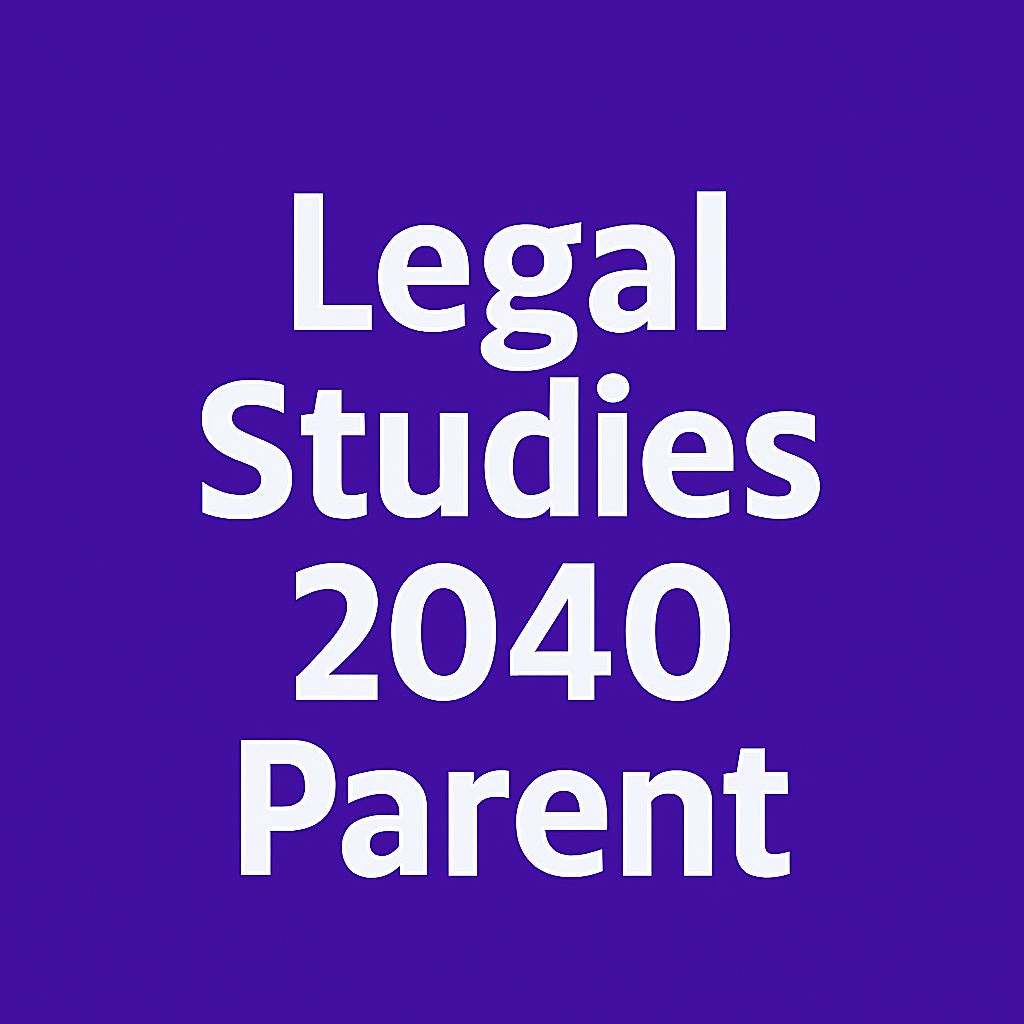
- Teacher: Karen Cook-Newbury
- Teacher: Melissa Rothwell

- Teacher: Karen Cook-Newbury
- Teacher: Melissa Rothwell

- Teacher: Karen Cook-Newbury
- Teacher: Melissa Rothwell
- Teacher: Ivie Gbenga-Obadimeji
- Teacher: Natalie Jachyra
- Teacher: Lisa Rae Edgar
- Teacher: Kristina Nguyen
This course is to allow PTD instructional staff to develop Moodle modules that can be used across the program.
- Teacher: Wrenze Abuan
- Teacher: Joyce Alcuitas
- Teacher: Jennifer Atkins
- Teacher: Terri Basterash
- Teacher: Charlene Bennett
- Teacher: Jenny Du-Manns
- Teacher: Sarah Fearnside
- Teacher: Aran Matheson
- Teacher: Kara Mohr
- Teacher: Cristine Utulo
- Teacher: Miriam Van Niejenhuis
- Teacher: Saly Zachariah
This course introduces the basic principles and fundamentals of linear algebra and helps students develop logical, creative, and critical-thinking and problem-solving skills for various mathematical problems in computer science and machine learning, computer graphic design, physics, mechanics, engineering, economics, ecology, and other natural sciences. Students will learn about systems of linear equations, matrices and matrix operations, linear and matrix transformations, determinants, vector spaces and subspaces, coordinates, dimensions, and eigenvalues and eigenvectors.
- Teacher: Zahra Samadikhoshkho
- Teacher: Ayshea Thornton
- Teacher: Karen Williams
This course introduces engineering students to fundamental chemistry concepts such as atomic theory, bonding models, periodicity of elements, and stoichiometry, as well as the nomenclature used in organic and inorganic chemistry. The course also covers energy changes associated with chemical transformations.
- Teacher: Zahra Samadikhoshkho
- Teacher: Ayshea Thornton
- Teacher: Karen Williams
This course is continuation of Calculus I and builds further upon the principles and fundamentals of calculus to help students develop logical and creative thinking and problem-solving skills for critical analysis of various mathematical problems. Students will learn about techniques and strategies of integration, its application for calculating arc lengths and areas of surfaces of revolution, separable and linear differential equations, infinite and power series, Taylor and Maclaurin series, and representations of functions as series, functions of several variables, their limits and continuity, partial derivatives, and maximum and minimum values. The focus is towards mathematical application in physical and computer sciences, machine learning, and engineering. Examples from biology, ecology, chemistry, energy consumption, economics, probabilities, and statistics, will be addressed as well.
- Teacher: Zahra Samadikhoshkho
- Teacher: Ayshea Thornton
- Teacher: Karen Williams

